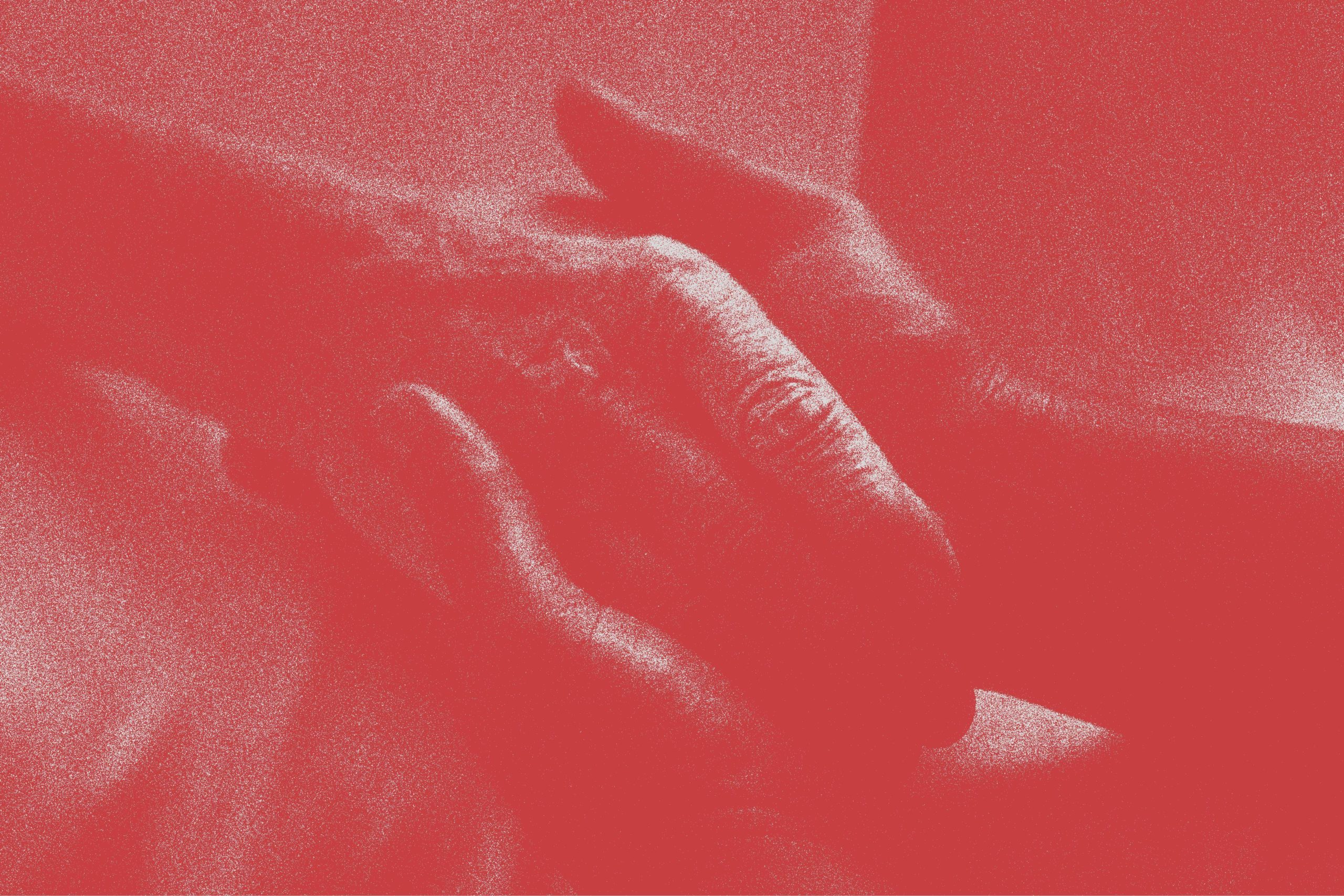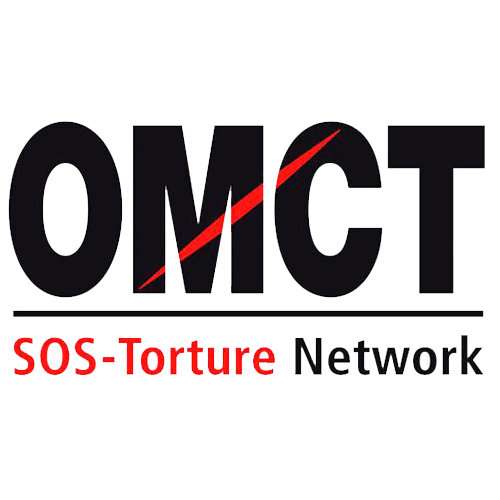We provide comprehensive care to individuals who are victims of political violence, human rights abuses, mistreatment, and/or torture."
Our Services
We offer clinical care to support the psychological and psychiatric rehabilitation of individuals. We specialize in documenting cases of mistreatment and torture using the Istanbul Protocol.

We document human rights violations and support their victims
Sira is a specialized center dedicated to documenting cases of mistreatment and torture, using protocols such as the Istanbul Protocol. We also provide comprehensive care to victims of serious human rights violations. Our goal is to ensure the comprehensive rehabilitation of victims, strengthening their coping mechanisms and resilience.
Comprehensive care
We assess the medical and psychological impact caused by serious human rights violations on individuals and communities. We provide support in cases of police violence or repression during protests, instances of violence at borders, along migratory routes, and within migrant detention centers. We also address human rights violations within prisons or cases of helplessness and deprivation of access to fundamental rights, such as the right to adequate housing or healthcare.
1000
300
200

Areas of Work
Direct intervention
Forensic Assessment
- Medical-psychological documentation, primarily based on the Istanbul Protocol,
for strategic litigation and criminal cases. - Preparation of expert reports with a psycholaw perspective for medical-psychological documentation in International Protection procedures.
- Collective assessments and studies for evaluating collective harm in situations of
violence
Therapeutic actions for the rehabilitation and strengthening of victims' capacities
- Psychiatric evaluation and monitoring.
- Individual therapeutic accompaniment from a humanist psychotherapy approach.
- Bodywork through movement and mindfulness therapy.
- Therapeutic work through art (Art therapy)
- Initiatives to encourage the active involvement of survivors of violence through the establishment of social support networks and collective spaces.
Other areas
To maximize the impact of our work, we have four additional areas. From a technical perspective, we seek to share our learnings, highlight human rights violations, and contribute to the fight against torture. These areas of work include the following:
Research area
Psicosocial area
Advocacy area
Training area
To carry out all this work effectively, the essential areas of administration, projects, communication, and legal are crucial as they ensure the sustainability and impact of the Center’s work.
Sira could not fulfill its mission without the invaluable contributions of all the professionals who enable us to provide a comprehensive and effective response to those we support. We are part of several formal networks of professionals and organizations, which give greater significance to our work.
Mission
To ensure comprehensive support and dignified defense for people affected by violence, abuse, and torture by developing alliances, theoretical models, and work tools from a psychosocial, cross-cultural, and intersectional perspective.
We aim for our research and intervention work to serve as a mechanism for the prevention, reporting, and advocacy in situations of human rights violations. We believe that networking with other organizations and with individuals affected by violence is fundamental for achieving meaningful change.
Vision
Establish our work as a crucial element at both national and international levels in the fight against torture, through the psychological and medical documentation of various human rights violations.
To consolidate the center as a space that ensures comprehensive and universal care, specialized and focused on strengthening the capacities of individuals affected by violence.
Values
Technical rigor We advocate for scientific and methodological advancement and innovation.
Commitment and responsibility towards individuals affected by violence, justice, and the fight against torture Sira emerges in response to the social reality. We work for people who suffer human rights violations.
Networking and engagement of individuals affected by violence are fundamental and essential forms of relationship, support, work, and advocacy for social transformation.
Transculturality and universality of knowledge. We advocate that knowledge is formed within multiple cultural frameworks that should be equally empowered and respected, aiming for the global harmonization of knowledge while avoiding forms of ethnocentrism and cultural assimilation We believe it is our duty to share our knowledge and learnings as part of our work
Universality of care. We assist any person victimized by human rights violations, regardless of their political stance, social class, purchasing power, ethnic origin, religion, or any other personal condition.
Independence. We are not affiliated with any political or religious structure. Our stance is not subject to any economic or political pressures.
Transparency in our decisions and management models. We take accountability as a commitment to the individuals and groups we work with, as well as to society at large.
We maintain a critical approach towards our work and contexts of violence. We are committed to the duty of promoting critical analysis aimed at transforming reality.
Care. We advocate for work dynamics that promote the care of every process.
Approaches
Psicosocial: Following the principles of Liberation Psychology, we approach our actions from a historical, political, and systemic perspective. We prioritize actions that promote the pursuit of justice and reparations. We work by analyzing the context and involving affected individuals through participatory research.
Forensic psychology:·Propose cross-disciplinary actions of teamwork between psychosocial and legal professionals, aiming to ensure a rights-based approach in therapeutic support and a reparative approach during legal proceedings.
Transcultural: The population we work with has diverse cultural backgrounds. We advocate for a deconstructive perspective of the hegemonic model of support. Our team is open to incorporating new methodological or intervention proposals. The transcultural approach requires incorporating an anti-racist perspective into our work
Genre: Specific attention to gender-based, sexual, and sexual orientation violence. Methodological and therapeutic approaches with a specific gender focus. Working towards the integration of measures for the prevention of harassment and the promotion of equality.
Rights:The core of our work is to facilitate access to and promote the fulfillment of the rights. Sira operates following the Economic, Social, and Culturals (ESCR) and the Sustainable Developement Goals (SDGs) .We place particular emphasis on universal health and well-being (SDG 3), gender equality (SDG 5), reducing inequalities (SDG 10), and promoting peace, justice, and strong institutions (SDG 16).
We refer to IRCT’s Global Standards on Rehabilitation (GSR). The guidelines of the International Rehabilitation Council for Torture Victims emphasize the commitment to maintaining the safety, well-being, and dignity of the victims and supporting their families. We facilitate access to information, justice, and necessary resources for the rehabilitation of torture victims without cost or discrimination. Sharing the results of our work to generate knowledge.
Universal Attention
Our team offers support to people in need, regardless of their place of birth, administrative status, or economic income.
Forensic Assessment
Since its foundation in 2011, Sira has completed over 300 forensic assessments as instruments for defense and advocacy.
Media
Would you like to get in touch with us?
Write to comunicacion@psicosocial.net
Sira is the acronym in spanish for “No Apparent Reason”, because violence is sometimes difficult to understand and put into words.
Many people don’t understand the reasons behind their suffering, and our work when they arrive at the center is to accompany them in exploring together the meaning of their experiences and regaining coping strategies to overcome it.
Sira was established in 2011 as the clinical arm of the Community Action Group (GAC), an organization dedicated for over 20 years to promoting mental health and defending human rights through a psychosocial approach. We started as a network of professionals from diverse social disciplines, united in our aim to ensure comprehensive support processes for individuals affected by violence.
Sira continues its work thanks to the tireless collaboration of dozens of professionals. Since May 2016, we are an independent organization, in order to guarantee the neutrality and impartiality of our work. We are part of theInternational Rehabilitation Council for Torture Victims (IRCT), Network of Rehabilitation Centers for Torture Victims (Euronet) and TheThe World Organisation Against Torture (OMCT).




